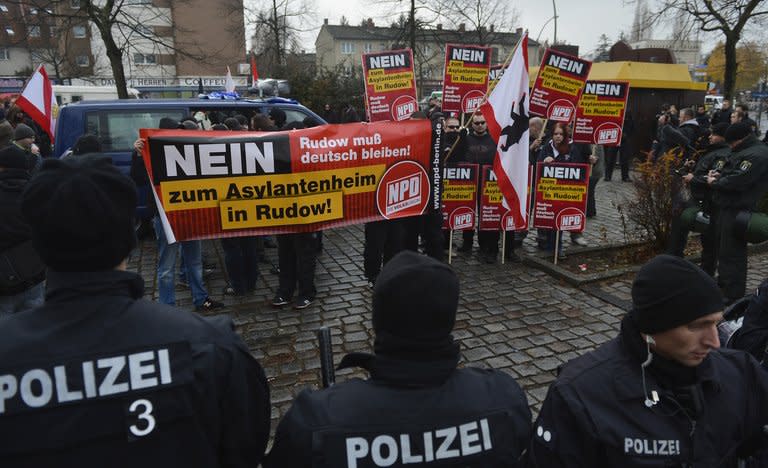Philippines rejects 'coalition' with communist rebels
The Philippine government said Saturday it would never share power with communist rebels after they proposed an alliance in a bid to end a decades-long insurgency. The rebels said they had called this week during peace talks in the Dutch city of The Hague for the alliance to undertake programmes aimed at ending the insurgency that has left tens of thousands dead. Chief rebel negotiator Luis Jalandoni said such programmes would include agrarian reform, rural development and industrialisation. But the government peace negotiating office said in a statement: "The (government panel) will never agree to establish a coalition government or a power-sharing arrangement with" the National Democratic Front, the rebels' political wing. It also denied there had been any discussion of a possible coalition when the government panel met with NDF negotiators in the informal, so-called "special track" meeting in the Netherlands. "The matter on coalition government was never discussed in the recently concluded informal meeting on the special track. There was no such offer made by the NDF," the office said. During the meetings, the two sides agreed to a 26-day nationwide ceasefire from December 20 and to hold further talks on peace, human rights, land reform, and national industrialisation. This week's meeting marked the resumption of talks after the Communist Party of the Philippines, the biggest group in the NDF coalition, pulled out of talks in November 2011 after Manila rejected rebel demands. The two sides resumed low-level "backroom" negotiations in June. The communists have been waging an armed rebellion to seize power since 1969, and more than 30,000 people have died in the conflict, according to the government. The military estimates the current strength of the communists' guerrilla force at about 4,000 fighters, significantly down from more than 26,000 at its peak in the late 1980s, when the rebels also engaged in failed peace talks with Manila.



